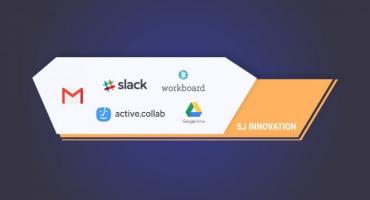The Impact of AI on Mental Health: Opportunities and Risks
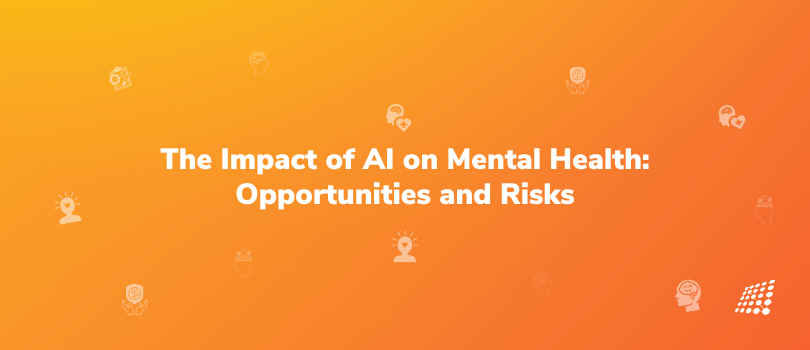
Artificial Intelligence is progressing. It's creating a tectonic shift in every industry and AI for mental health is the next major change. The potential of artificial intelligence in mental healthcare is immense, even though it's not likely to completely replace traditional therapy soon. We are currently in the midst of a significant mental health crisis. According to Mental Health America's 2023 report, over 50 million adults in the United States—one in five—experienced a mental illness in 2019-2020. The situation is equally concerning on a global scale. The World Health Organization reported in March 2023 that approximately 280 million people worldwide, or 3.8% of the global population, were affected by depression. These staggering numbers underscore the urgent need for innovative solutions in mental healthcare, where AI could play a crucial role.
While AI presents numerous opportunities to enhance mental health services, it carries certain risks. With their unique position in the mental health landscape, nonprofit organizations play a crucial role in harnessing AI's potential while mitigating its challenges.
Opportunities in AI-Driven Mental Health Care
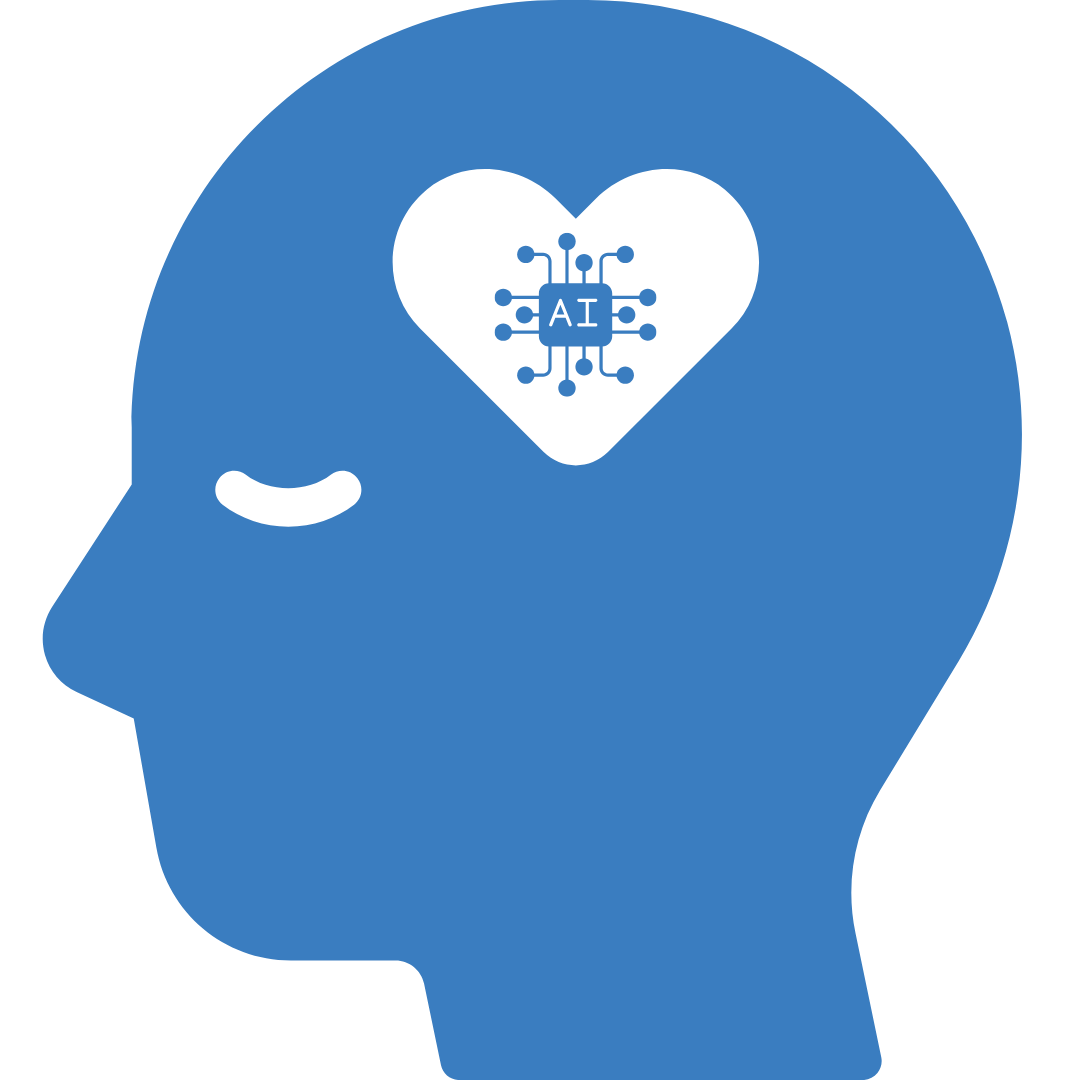
1. Enhanced Accessibility
AI tools like chatbots and virtual assistants can provide immediate support and resources, particularly for underserved populations. This technology helps break down barriers to accessing mental health care, making help more readily available.
2. Data-Driven Insights
Advancements in AI, notably through machine learning algorithms and natural language processing (NLP), have revolutionized our ability to analyze large datasets. These technologies can sift through immense amounts of data from numerous sources, identifying patterns and trends in mental health that would be undetectable to human analysts. Machine learning can learn from and make predictions based on patient information, while NLP can interpret human language from various communications to highlight potential mental health flags. Such insights empower organizations to create highly targeted mental health programs that meet community-specific needs.
3. Personalized Treatment
AI, through sophisticated algorithms, creates treatment plans unique to each person's mental health journey, like suggesting activities or tracking mood changes over time.This tailored care enhances the effectiveness of mental health programs, ensuring individuals receive appropriate support.
4. Scalable Solutions
AI has paved the way for automated systems like AI-powered chatbots to manage routine inquiries. These intelligent chatbots can converse with individuals in a natural and engaging manner, providing information, screening for mental health signs, and even offering initial guidance. This not only makes mental health services accessible around the clock but also alleviates the workload on human staff. Consequently, professionals can devote more attention to cases requiring their expertise, enhancing overall service efficiency and quality.
5. Training and Education
AI tools can train staff and volunteers to recognize mental health issues and implement suitable interventions. This enhances the overall capacity of nonprofits to provide quality care.
Potential Risks of AI in Mental Health Care
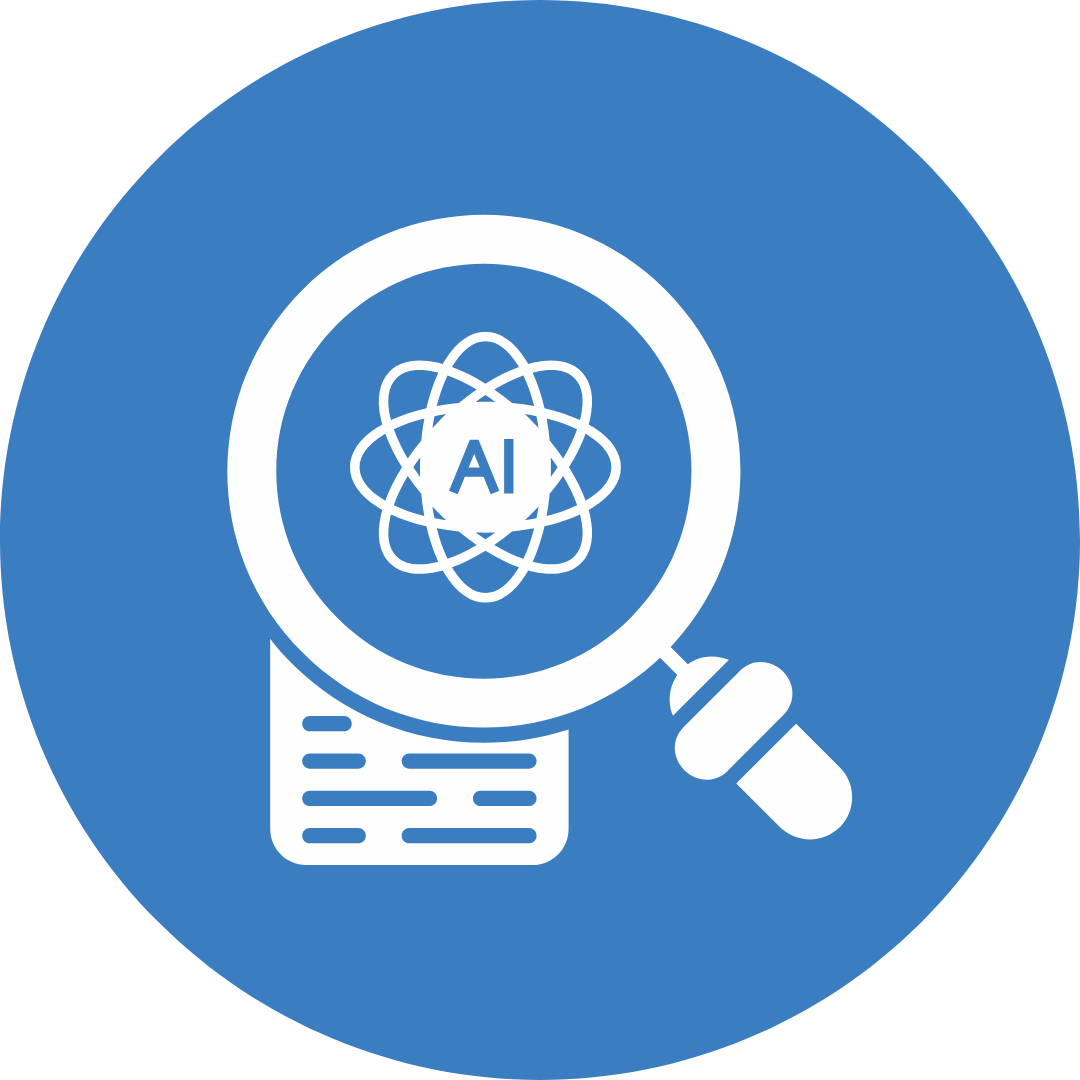
Improved Risks Section with Added Detail on Data Privacy and Bias
Potential Risks of AI in Mental Health Care:
- Privacy Concerns: The utilization of AI in mental health care escalates concerns regarding client confidentiality and data protection. Nonprofits must implement rigorous data security measures. For instance, employing advanced encryption and access controls can help safeguard sensitive information. Moreover, they must ensure adherence to legal frameworks like the General Data Protection Regulation (GDPR) or the Health Insurance Portability and Accountability Act (HIPAA), which mandate strict data handling procedures and outline individuals' rights to their personal information.
- Bias in Algorithms: If care is not taken, AI systems may inadvertently encode and amplify existing societal biases, potentially leading to unequal treatment outcomes. This occurs when the data used to train AI algorithms lack diversity, reflecting historical prejudices or systemic inequities. Nonprofits should advocate for and participate in the development of training datasets that encompass a wide array of demographics and conditions. By doing so, they can contribute to the creation of AI models that are fair and equitable. Furthermore, ongoing monitoring of AI decisions for biased outcomes is vital to ensure continuous improvement and accountability.
- Overreliance on Technology: Integrating AI into mental health care risks overshadowing the irreplaceable human touch that is so central to this field. While AI can handle certain tasks, nonprofits must avoid letting technology erode the empathetic and interpersonal aspects that form the cornerstone of effective mental health support. Striking a balance where AI supplements rather than supplants human care will be key.
- Regulatory Challenges: The rapid pace of AI development often outstrips existing regulatory guidelines, creating a complex landscape for nonprofits to navigate. They must stay current with evolving regulations and advocate for policies that protect clients while promoting innovation. For instance, nonprofits can play a role in discussions around the ethical use of AI, contributing their insights to inform balanced regulations that allow for the beneficial use of AI without compromising individual rights.
- Misinterpretation of AI Recommendations: The insights generated by AI are complex and could potentially lead to misinterpretation if the recipient lacks an appropriate level of AI literacy. Therefore, nonprofits must invest in training their staff on the nuances of AI and data interpretation. This includes familiarizing them with the concept of 'explainable AI', which focuses on making AI decisions transparent and understandable for users. With proper training, staff can make informed decisions about when to rely on AI-derived insights and when to seek further human evaluation, ensuring a balanced and effective approach to mental health care.
By expanding on these issues, nonprofits and other stakeholders can gain a deeper understanding of the challenges and complexities associated with implementing AI in mental health care. They can better prepare themselves to address these critical concerns.
The Role of Nonprofits in AI-Driven Mental Health Care

Nonprofit organizations are uniquely positioned to lead the way in integrating AI into mental health services. Here are some key ways they can make an impact
1. Advocacy for Ethical AI Use
Nonprofits can advocate for ethical practices in the development and deployment of AI technologies, ensuring that the rights and privacy of individuals are prioritized.
2. Community Engagement
By involving community members in discussions about AI and mental health, nonprofits can ensure that services are relevant and culturally sensitive, reflecting the unique needs of their populations.
3. Partnerships with Tech Developers
Collaborating with technology developers can help nonprofits influence the design of AI tools, ensuring they are user-friendly and effective in addressing mental health issues.
4. Education and Training Initiatives
Nonprofits can lead initiatives to educate staff, volunteers, and clients about the benefits and limitations of AI in mental health care, fostering informed use of technology.
5. Research and Evaluation
Engaging in research to evaluate the effectiveness of AI applications in mental health can help nonprofits refine their approaches and share best practices with the broader community.
Conclusion
AI offers significant opportunities to enhance mental health care by improving accessibility, personalization, and scalability. However, nonprofits must navigate the associated risks with care. By advocating for ethical practices, ensuring data privacy, and maintaining the essential human connection in care, nonprofits can effectively integrate AI into their services. Get in touch with our experts to know how AI can help increase your non-profit efficiency.
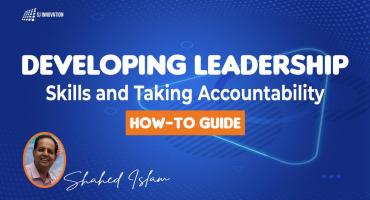
Developing Leadership Skills and Taking Accountability: How-to Guide

Experience of Organizing Hackathons at SJInnovation
